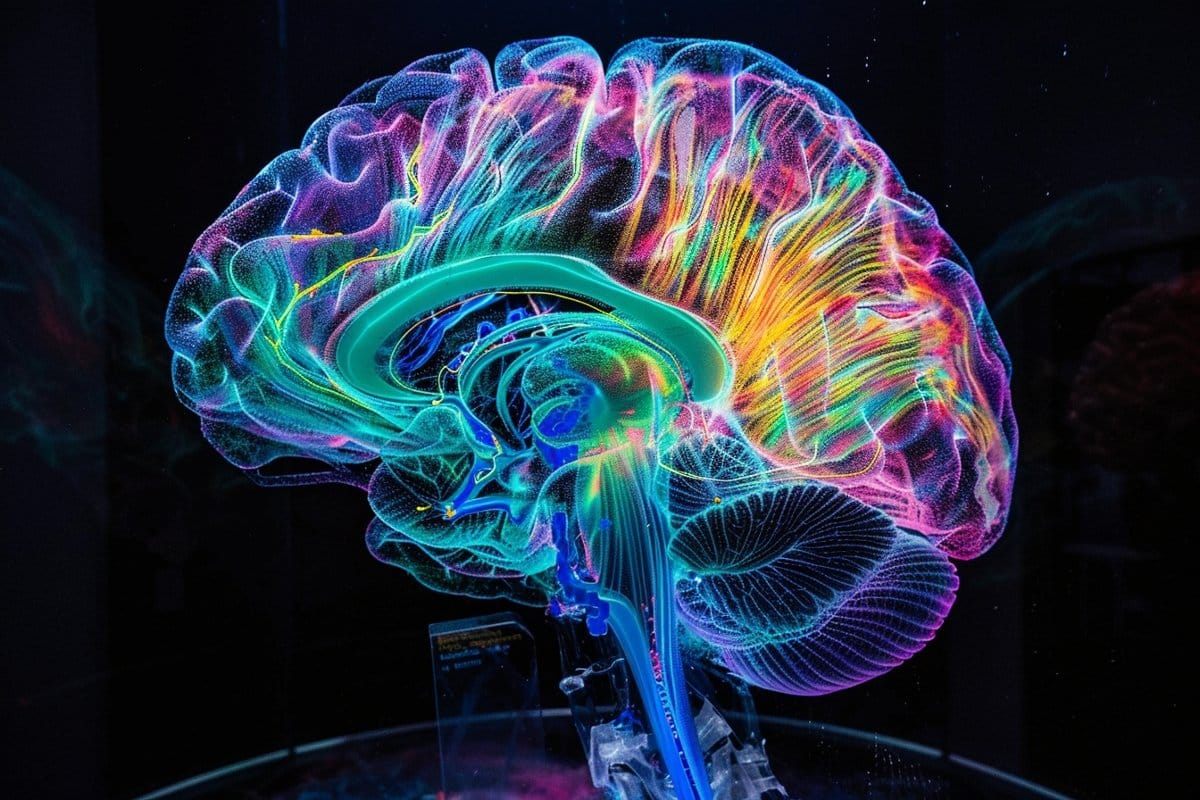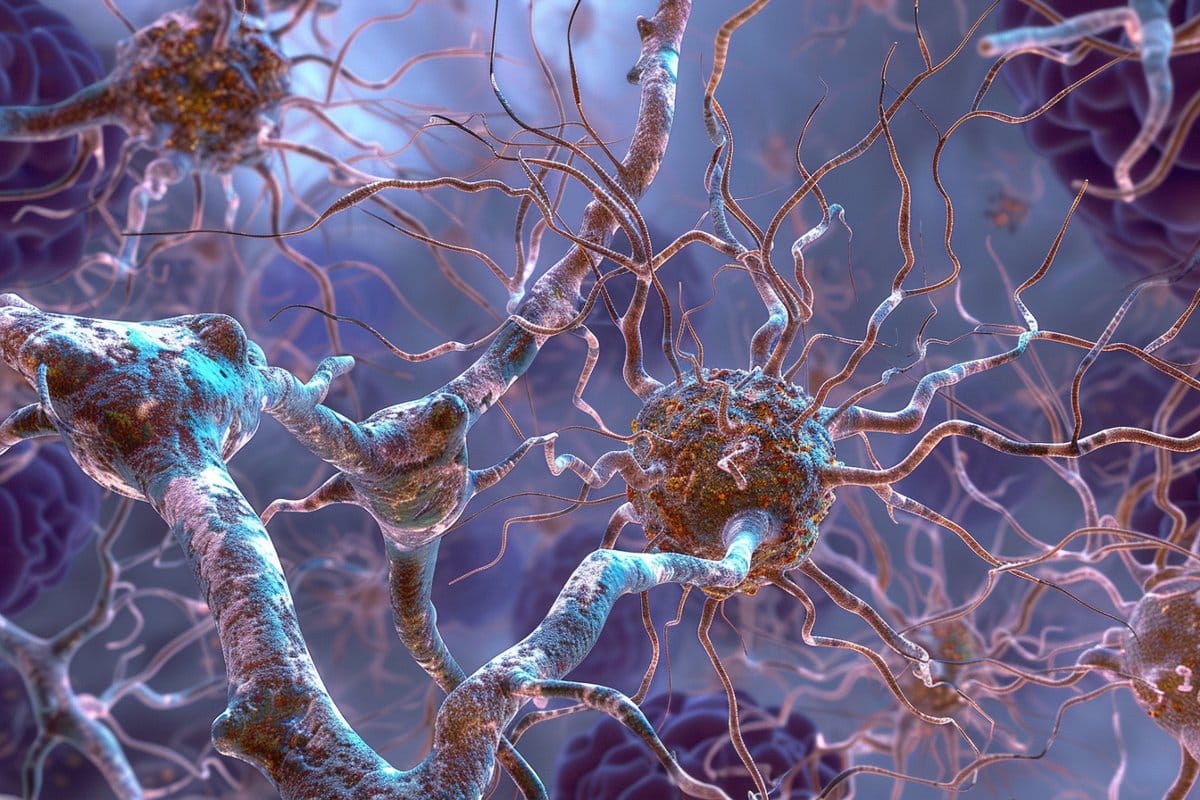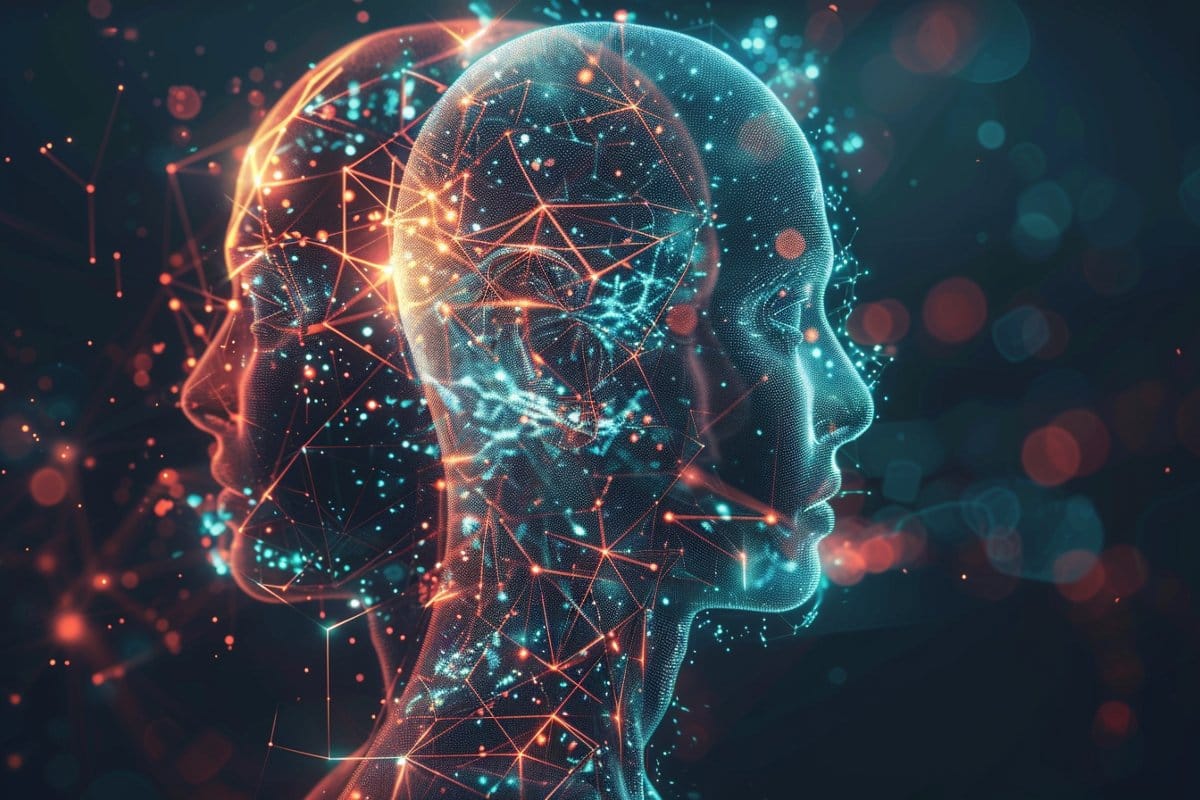Brain Circuit for Nausea-Induced Appetite Loss Discovered
Click here to view original web page at Brain Circuit for Nausea-Induced Appetite Loss Discovered Summary: Researchers identified a brain circuit that curbs eating behavior in mice when they feel nauseous. The study, focusing on the amygdala, discovered specific nerve cells activated by nausea that suppress appetite, distinct from those activated by satiety. These findings … Continue reading “Brain Circuit for Nausea-Induced Appetite Loss Discovered”








